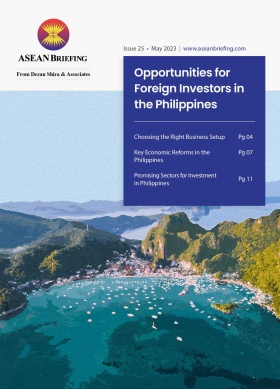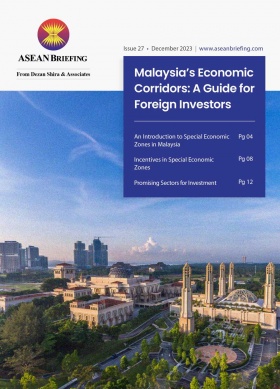Philippines Plans Stock Tax Reduction to Revive Capital Market
In a significant move to align the Philippines’ capital market with its ASEAN neighbors, the government is set to reduce the stock transaction tax from 0.6 percent to 0.1 percent. This reform, part of the broader Capital Market Efficiency Promotion Act (CMEPA), aims to enhance the competitiveness of the Philippine Stock Exchange (PSE) by lowering trading costs and attracting more investors. The PSE has struggled with lower daily trading volumes and fewer listed companies, which has impeded its growth and overall market vibrancy.
Addressing market challenges
Currently, the PSE lags behind its regional counterparts, with daily trading volumes around US$133 million—significantly lower than the over US$1 billion seen in markets like Indonesia and Thailand. High transaction costs and limited investment options have long hindered the market’s growth.
The reduction in the stock transaction tax is expected to invigorate market activity by making trading more affordable and appealing, particularly for foreign investors. In comparison, Indonesia and Thailand have managed to keep their transaction costs lower, allowing for more dynamic trading environments.
Beyond reducing the stock transaction tax, the CMEPA Bill seeks to standardize the final withholding tax (FWT) on dividends, addressing disparities that disadvantage non-resident investors. This change is crucial, as inconsistent tax treatments have been a deterrent for foreign investors, limiting the market’s growth potential.Boosting market activity and competitiveness
The tax reform aligns with the Philippines’ broader economic strategy of integrating more closely with the ASEAN Economic Community (AEC). The current 0.6 percent stock transaction tax was originally introduced to increase government revenues and regulate market activity.
However, this rate has increasingly been seen as a barrier to more robust trading, particularly when compared to lower tax rates in neighboring countries. Previous attempts at reforming the tax structure had limited success, as the high transaction costs continued to deter both local and foreign investors.
A more vibrant stock market could encourage more local companies to go public, while also attracting foreign companies to list on the PSE. Currently, the PSE has the fewest publicly listed companies among the major ASEAN-6 economies, with only 275 firms. In contrast, Singapore, which has the second-lowest number, boasts 640 listed companies. This gap highlights the potential for growth in the Philippine market if the right conditions are created.
Driving economic growth through capital market expansion
An increase in initial public offerings (IPOs) would diversify the market and provide investors with a broader range of investment opportunities. A robust capital market could spur more innovation and economic activity, as companies gain easier access to capital.
Conclusion
The proposed reduction in the stock transaction tax marks a critical step in enhancing the Philippine Stock Exchange’s competitiveness. By addressing high trading costs and tax disparities, the Philippines aims to create a more dynamic and attractive market aligned with its ASEAN neighbors. If successful, these reforms could lead to increased market activity, more IPOs, and, ultimately, stronger economic growth.
About Us
ASEAN Briefing is produced by Dezan Shira & Associates. The firm assists foreign investors throughout Asia and maintains offices throughout ASEAN, including in Singapore, Hanoi, Ho Chi Minh City, and Da Nang in Vietnam, in addition to Jakarta, in Indonesia. We also have partner firms in Malaysia, the Philippines, and Thailand as well as our practices in China and India. Please contact us at asean@dezshira.com or visit our website at www.dezshira.com.








